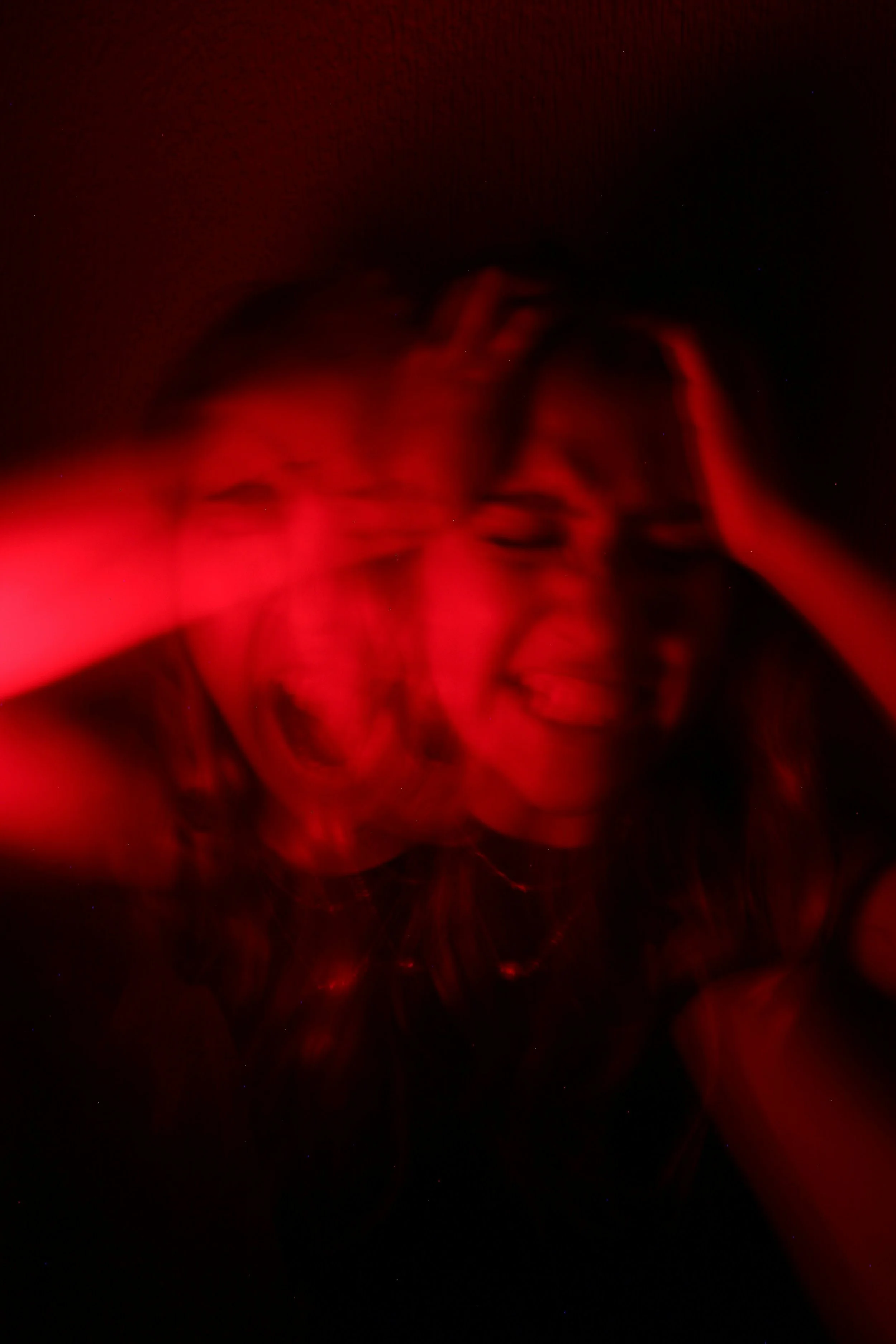How to leave a cult and rebuild your life
It is not easy to leave a cult but it is possible.
Cults are known for the strong mental and spiritual hold on their members, making it difficult for them to break out; from family, to community pressure passing by the internalised limiting beliefs interfering with your personal freedom.
In this blog, we will discuss how to quit a cult to rebuild your life in this article, inspired by methods of the book"People Leave Cults," also adding some insights from Natalie Feinblatt, PsyD's "How to Leave a Cult."
How do people join cult?
Cult participation can occur for a variety of reasons, including being born into a group, wanting a sense of purpose, or being trapped into coercive practises that seemed harmless on the surface.
Understand that becoming a member of a cult does not lessen your worth or intelligence: people have all walk of life can get enrolled at a moment when they are more vulnerable, looking for answers or feeling lonely.
1. Admit how you feel
There might be different reason why you have been enrolled in a cult or authoritarian religious group. You might feel like you do not belong and maybe your family and group pressure are making you doubt what you should do; They might be prioritising the reputation of the groups above your individuals wellbeing so the crucial question is whether your participation is harmful to yourself or others on any possible level- physical, mental or emotional.
Spirituality and religion are often weaponised by group to manipulate individuals and capture their life energy currency or financial wealth- in the hope to serve the movement interest or a leader/ guru fantasies.
You need to make sure you are not a victim of spiritual abuse and if so, it is a moral obligation for you to escape to freedom.
2. Determine best Time to Leave
Timing is everything. Leaving a cult often requires meticulous planning, especially if your departure may jeopardise your safety or access to financial resources.
Put a place in plan to be financially independant; Having a few month worth of savings is always great but if you are not there yet, no panic. You can always secure a job, make sure to have CV updated. You might be to open a bank account or change your phone number for peace of mind.
Prepare yourself mentally for a negative response from the group. (Threats, search, reputation destruction, public shaming, humiliation, guilt tactics)
Understand "PIMO" (Physically In, Mentally Out) and "FOMO" (Fear of Missing Out). During the leaving process, cult members are frequently affected by these conflicting feelings. Leaving a cult is a physical, emotional and psychological journey. You will feel conflicted at times as our nervous system tend to prefer a hell it is familiar with to an unknow heaven. As you get introduced to your new life of independance, you will learn how to stabilise your emotions to be fully present and finally enjoy life.
3. Move out or away
Not everyone needs to know that you intend to start your life over; Find trustworthy people that understand how sensitive your situation is.
Speak with people you trust to help you find a new place to stay or shelter for 1-3 month or 3-6 month. In the first part of the time, it might be easier to cut the cord with other members of the cult but as you rebuild your self confidence and independance, you will decide if and how you want them to show up for you in your life- and if they are responsable ( response-able) to understand your needs and repair your relationship.
5. Rebuild and Recover
There is a lot to process so be patient with yourself.
Take the time to acknowledge any trauma or abuse you that you have been through because of the cult and don't be afraid to seek help from support groups or mental health specialists. Sometimes after years of self reflection, therapy, journalling, you might realise that your family is brainwashed. Or that you never agreed with what you have been taught but was abused. You might go through different phases, including denial, anger and grief as your rebuild your personal identity and own sense of spirituality. Healing is a journey. It's normal to have doubts and conflicting emotions, so be gentle with yourself.
6. Live
After years with a half-religious, half-marginal lifestyle, the final step is to reintegrate into society.
Focus on your well-being, learn how to set healthy boundaries and make personal decisions reflecting your values.
As you lean into your passions and life goals, you will create a new support network. Go where you are welcomed, celebrated, respected and ultimately safe. Don’t be overly nice to people as ‘ you are new to the real world’ but don’t be too closed off either; There is 8 billion people on earth and just as many ways of doing things so be open minded to seeing life through new lenses- without the cult filter blinding you.
Leaving a cult is a brave
When I left my family cult at 17 years old, I experienced all sort of feelings but the conviction that I did the right thing for my sanity was worth all obstacles encoutered on my personal journey to freedom. I had no confidence and very little self-power. My family tried to destroy my hope in order to discourage me so I would eventually go back home. But i never did.
years of conditioning based on shame and fear, making me dependent in a way or another toward the community. The ingrained beliefs that they were entitled to my time or energy was challenging to rewire but eventually my mindset shifted; I reclaimed my personal power and freedom by breaking away from my family and the cult even though it was all I knew since birth.
Remember that you are not alone in your journey, and that there are resources, support, coaching and all sort of reliable networks available to help you.


















